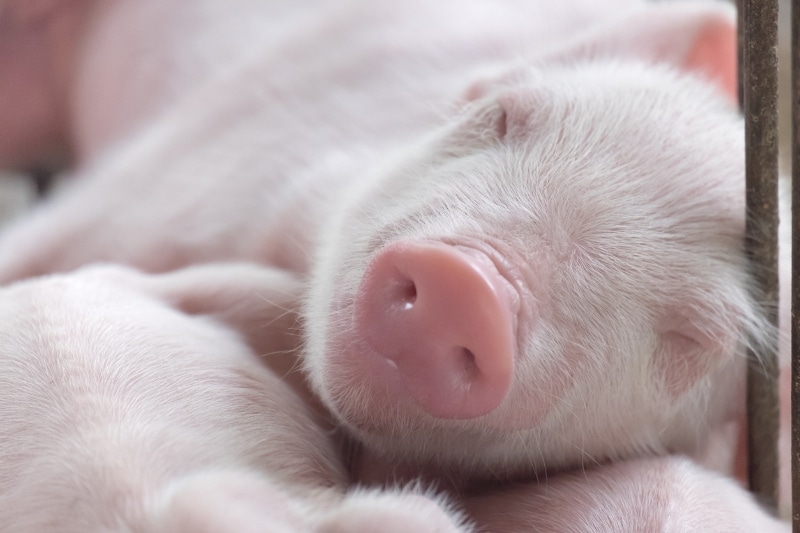In light of the ongoing African Swine Fever (ASF) outbreak in the Philippines that has dramatically diminished the supply of pork for the domestic market, Philippine President Rodrigo Duterte has allowed additional pork imports to address the supply shortfall and stabilize meat prices.
According to Cabinet Secretary Karlo Alexei Nograles, the President approved the recommendation of the Department of Agriculture (DA) to increase the Minimum Access Volume (MAV) of pork imports for 2021. MAV refers to the quantity of an agricultural product that may be imported with a lower tariff. Specifically, imports under MAV are charged a 30% tariff, while those outside MAV are at 40%.
The present MAV is at 54,210 metric tons, and the DA is mulling to triple this to 150,000 MT, as the agency projects that the annual demand for pork supply will reach 1.6 million mt.
The importation of pork products is however a temporary measure for the Philippines to address the current supply deficit, as the government’s long-term focus is to help its small producers, farmers, and hog raisers.
Notably, pork accounts for 60% of the country’s meat consumption, and the swine industry is valued at PHP 260 billion (USD 5.4 billion), according to the DA.
The United States Department of Agriculture (USDA) projects that the Philippines’ pork output in 2021 could fall by 3.6% to 1.08 million mt — the lowest in two decades — as ASF continues to discourage reinvesting in the sector.
In terms of import demand for specific pork products, mechanically deboned meat continues to replace raw pork materials in processed meats in order to accommodate restrictive local government policies on the entry and sale of pork-containing products, according to USDA.
(Sources: Inquirer.Net; The Manila Times; USDA GAIN Report)
